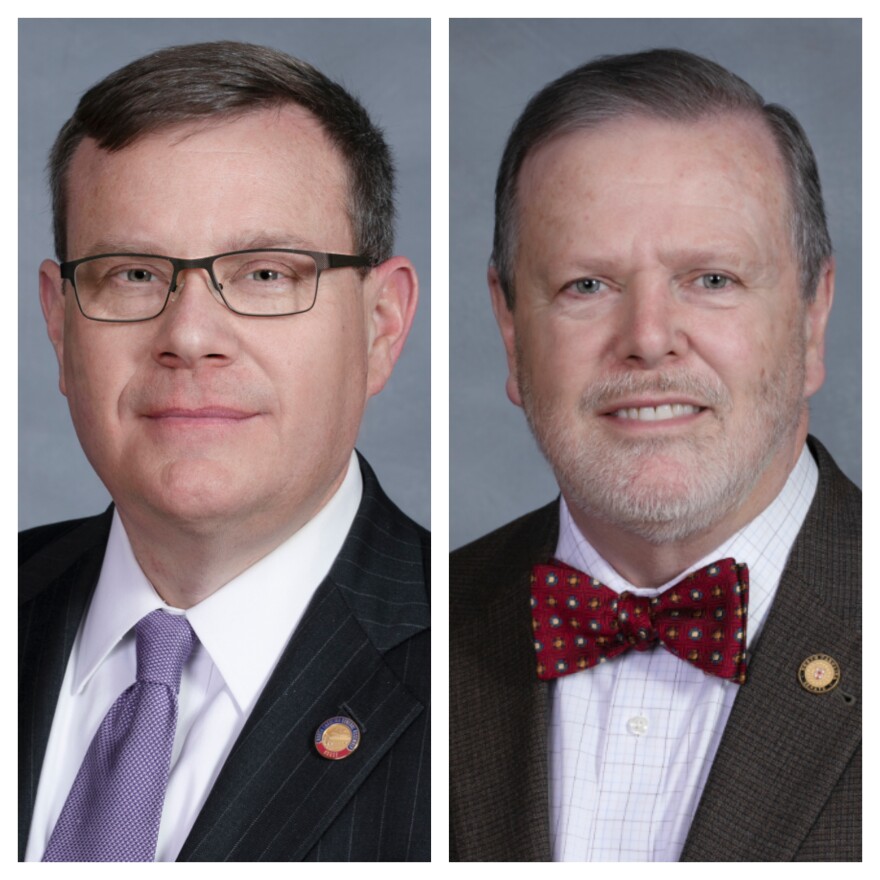North Carolina Senate Leader Phil Berger surprised a lot of people this week. He said he’s willing to consider Medicaid expansion after years of opposing it. But the problem, he says, is House Republicans remain firmly opposed to the idea.
House Speaker Tim Moore confirmed that’s true. House Republicans aren’t interested in making North Carolina the 39th state to pass Medicaid expansion. One reason, he says, is “philosophical opposition to just the blanket Medicaid expansion.”

“I believe that any kind of benefit program should really be for those who cannot take care of themselves,” Moore said. “If someone is able-bodied, we ought to do all we can as a state to incentivize a person to get a job.”
Jobs certainly help, but they’re not a sure path to health insurance. Expansion would provide health coverage to those earning up to 138% of the federal poverty level. That’s $17,774 for one person — more than what a full-time minimum wage worker earns.
And the Duke University Margolis Center for Health Policy says 76% of North Carolinians who would be eligible for coverage under Medicaid expansion are already working. And as for people who are working for small employers?
“When it comes to that group, what I call the working poor,” Moore says, “I’m all for looking at things to try to help that person.”
Moore says Congress is making it harder to pass up Medicaid expansion. Last year, it increased the financial incentive for holdout states. North Carolina would receive $ 1.7 billion over two years, the Kaiser Family Foundation estimates.
"I think that with that being out there, it probably helps move the ball a little further down the road,” he says.
But Congress is about to vote on a reconciliation bill which provides coverage directly to the poorest Americans in non-expansion states. It if passes, North Carolina wouldn’t have to pay anything for coverage of its poorest residents. Moore says that worries him.
“The way they’re doing it, of course, it would bypass the state," Moore said. "It would provide it but you wouldn’t be able to have some of the incentives trying to get employment, a few things like that I would like to see.”
But if Congress passes the reconciliation bill, it will moot the issue.


